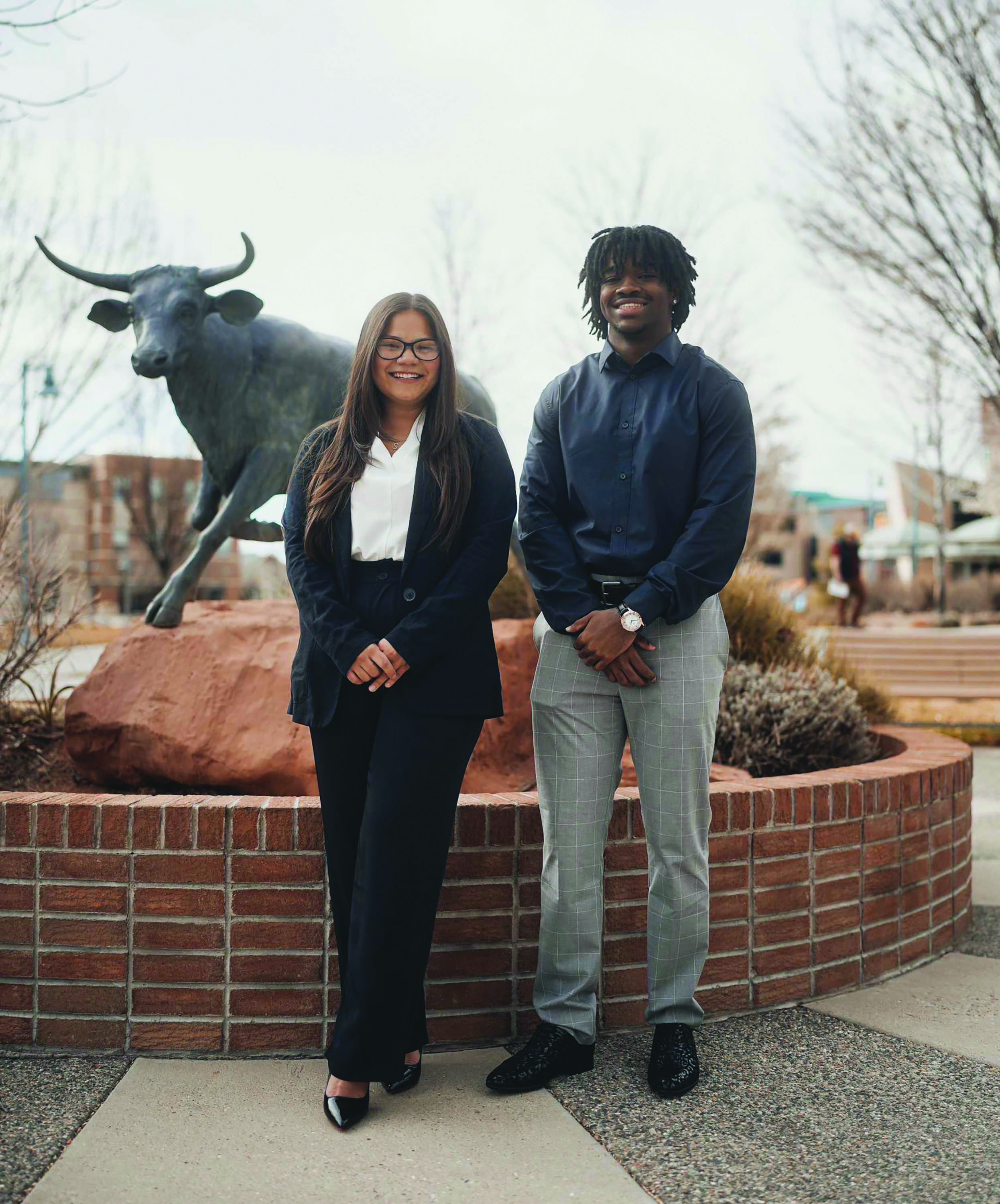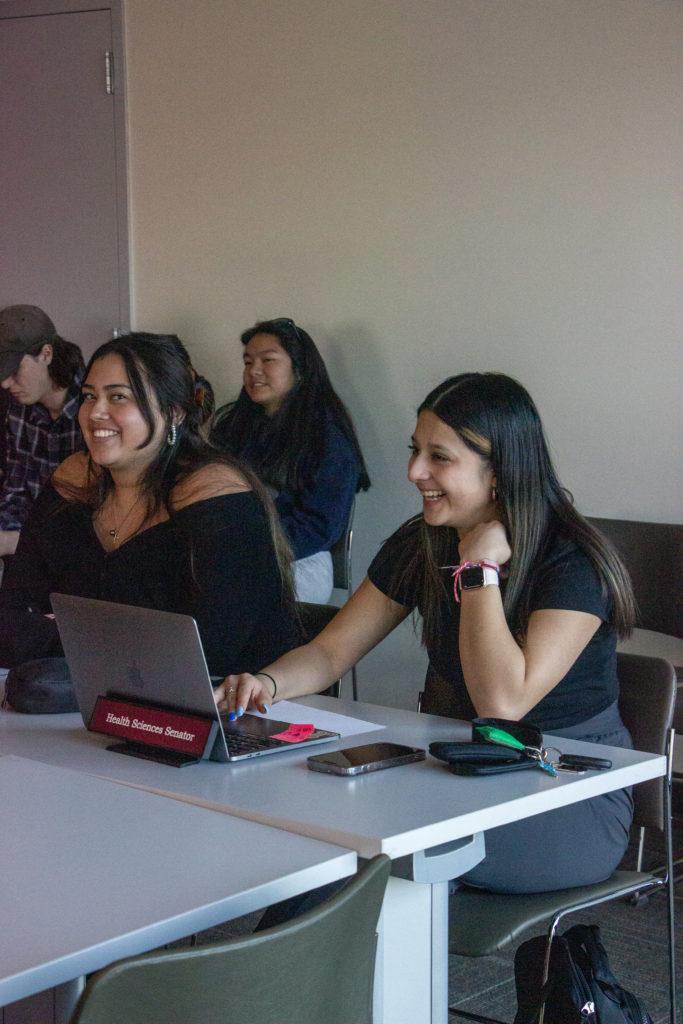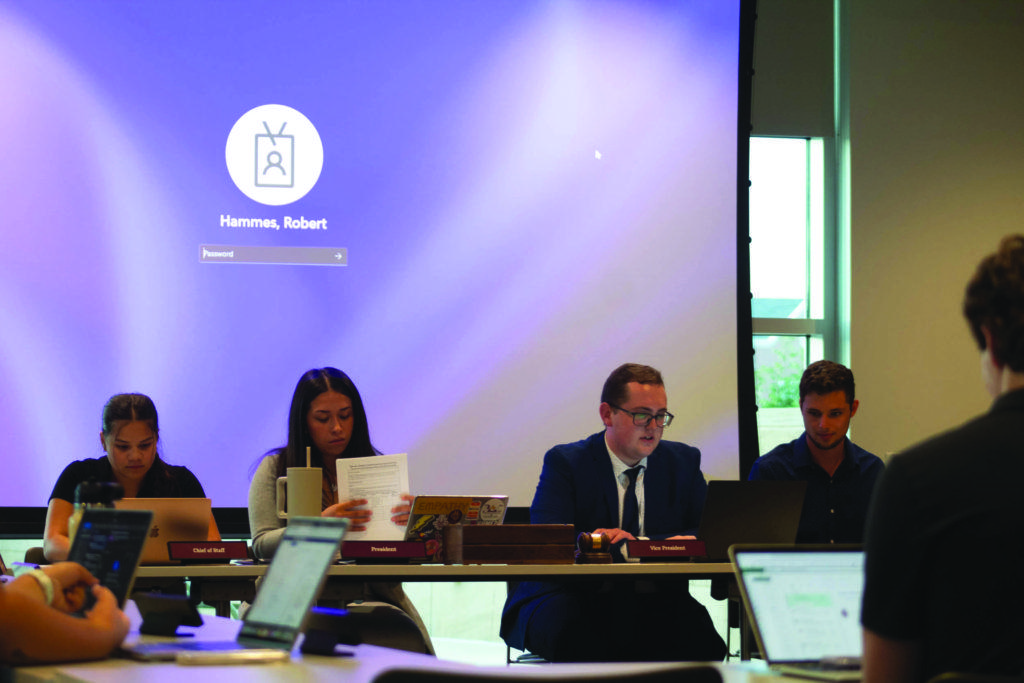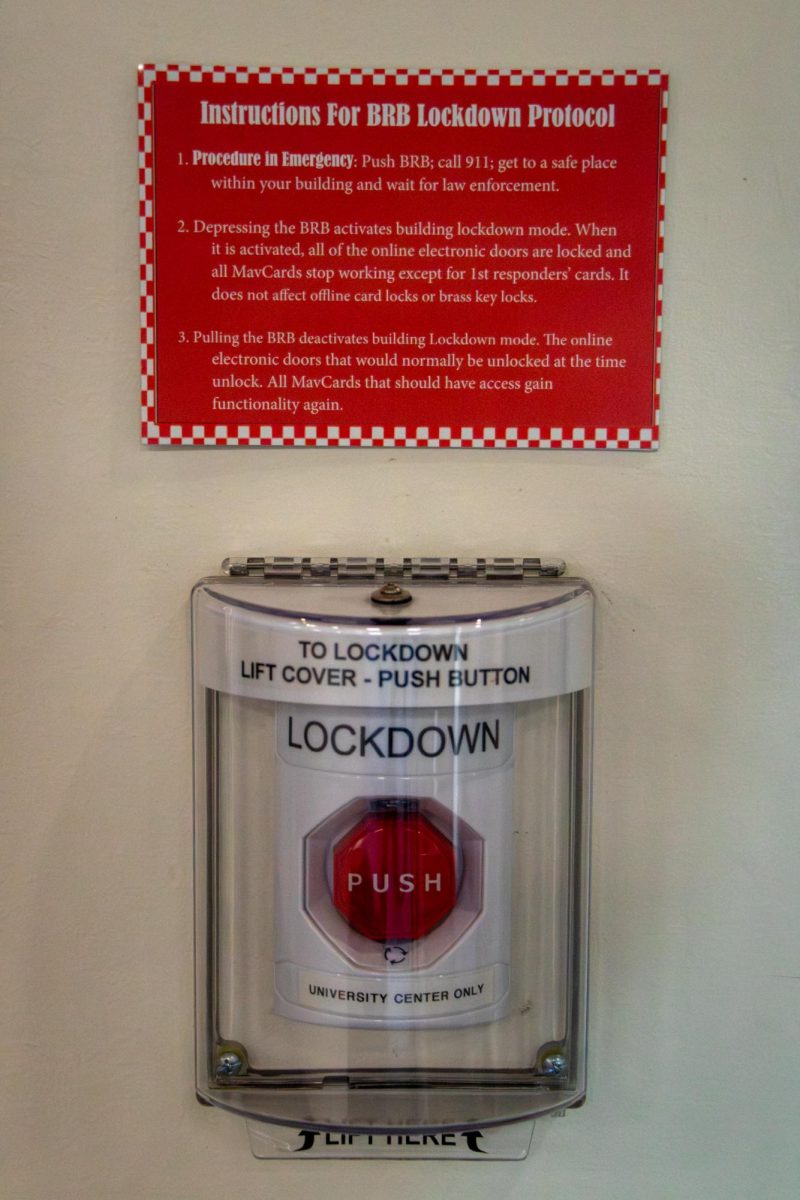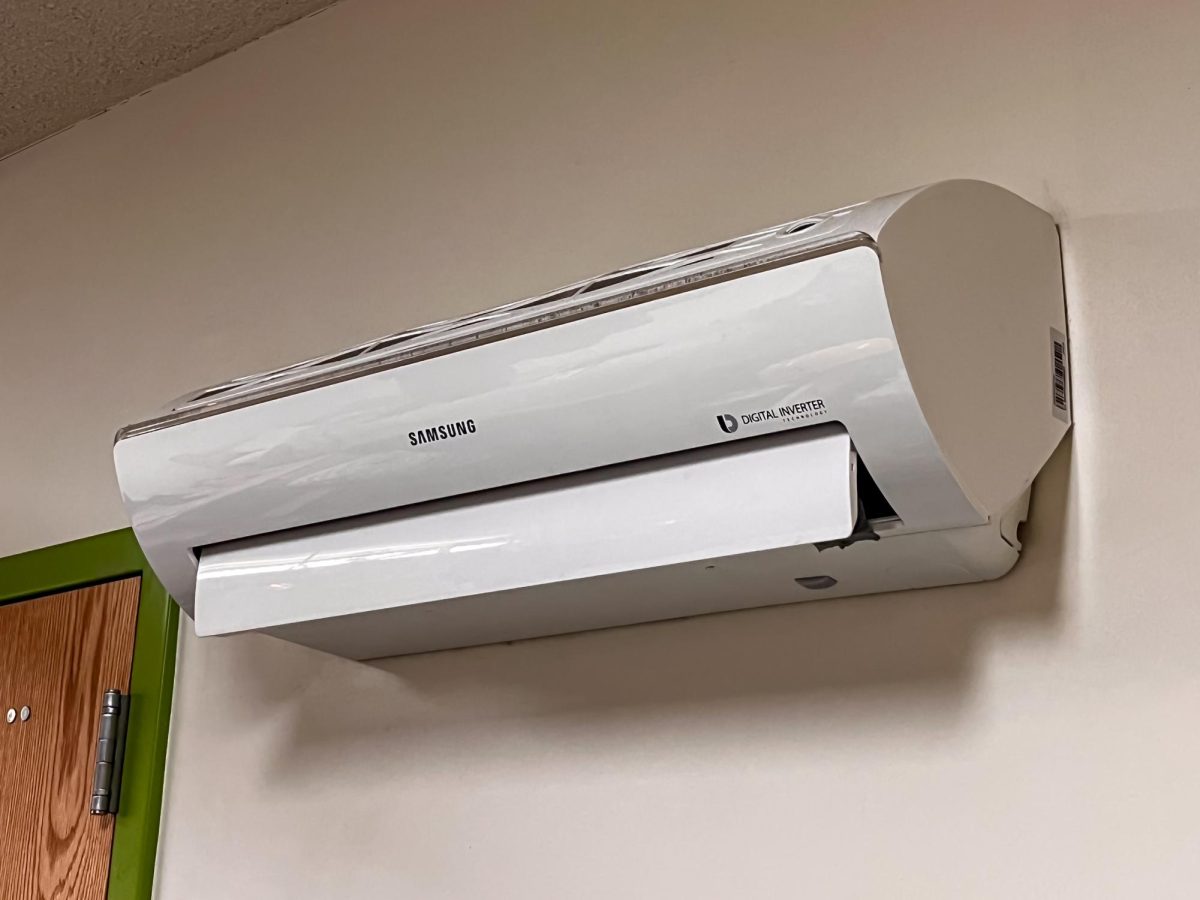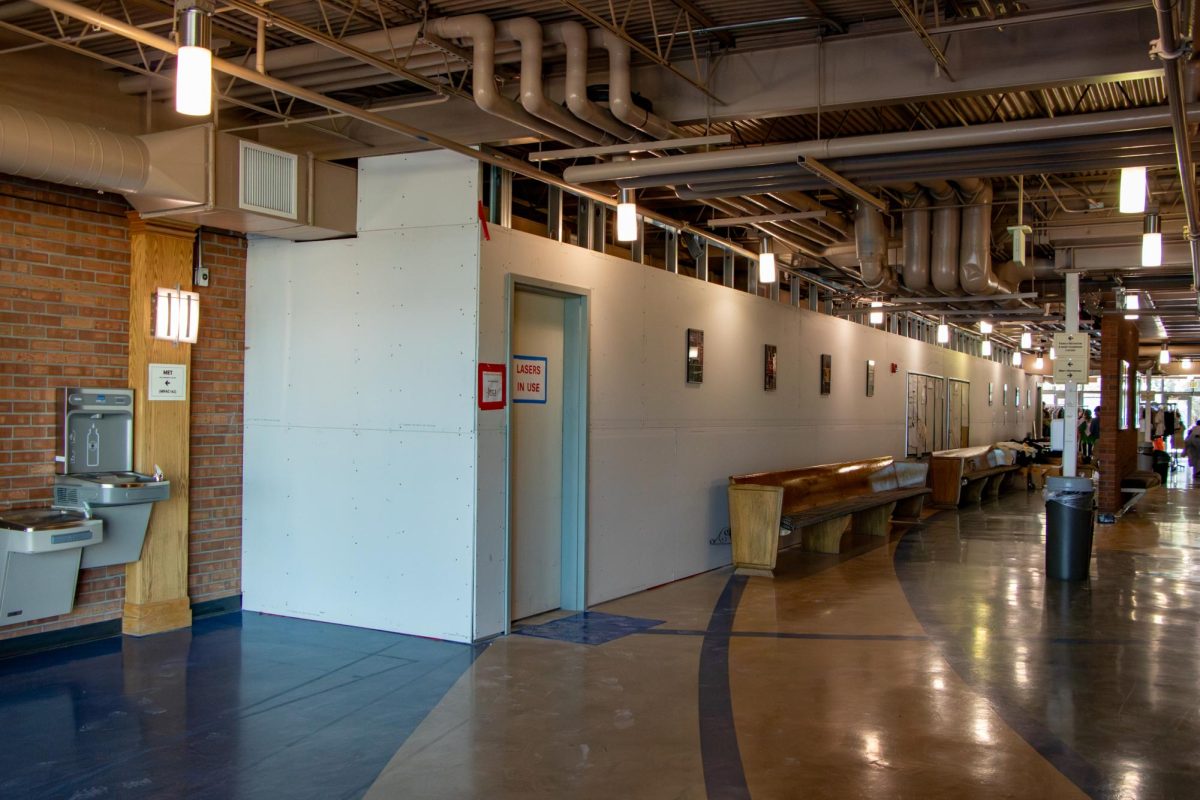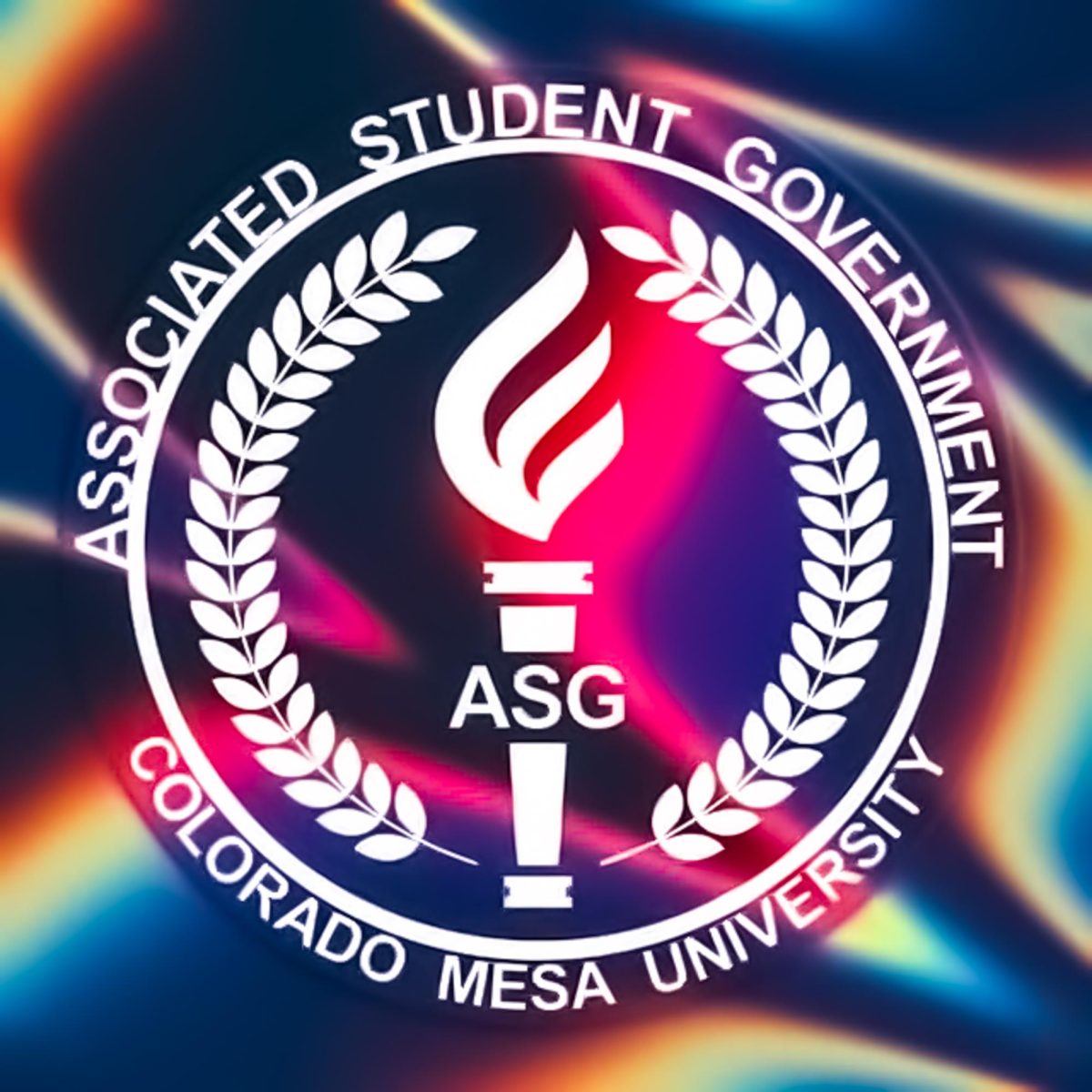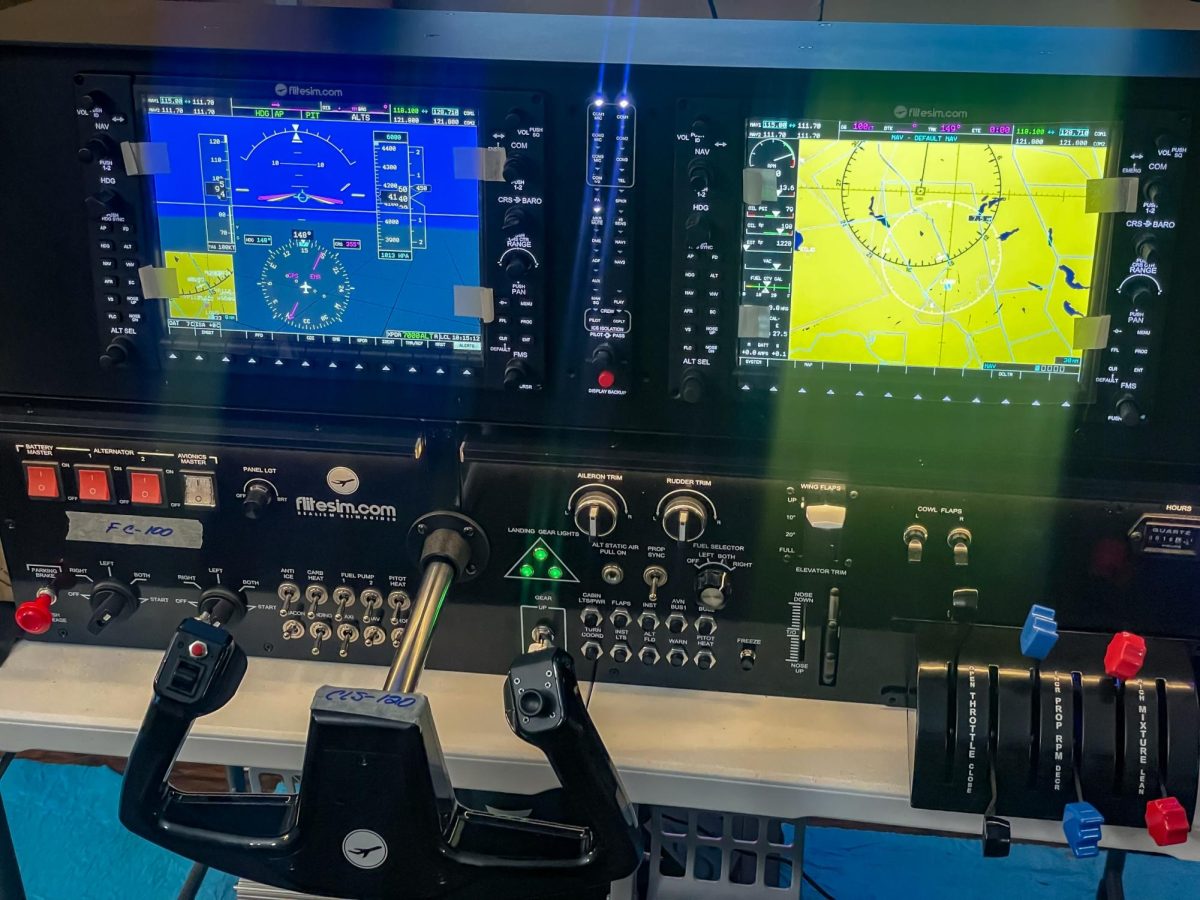The Associated Student Government (ASG) has begun the year with new positions in the Senate, House of Appropriations and Executive Board, as well as starting to look into the upcoming biennial.
The biennial is a process that happens every other year, in which all the student fee-funded organizations re-evaluate budgets and propose changes to ASG. It takes the entire first semester to complete and many Senate and House meetings will be centered around it. At the end of the semester, the Senate will compile all of the budget proposals for a final look-over, at which point they will be sent to the Board of Trustees for approval.
Colorado Mesa University (CMU) is a unique case of a university letting students manage budgets and somewhat decide on student fees. ASG’s goal is to keep student fees as low as possible, but it is important to remember they do not control every change.
The recent addition to the executive board is James Hollar, who will be serving as the Chief Financial Officer. This position is essential to budgets, and he will be actively working with organizations in the biennial process.
The House was also recently voted in. This is the first year that there has been a student body vote for these positions, as they were previously appointed positions. The goal of this is to make the branch of ASG impartial and student-led so that they can ensure equal opportunities for legislation.
The Senate is currently still looking to fill positions, including the WCCC, Computer Science and Engineering and Graduate seats.
Other projects from ASG include marketing projects, working with students to make their voices heard by the university and helping clubs with funding.
“I have been [working on] marketing efforts to get our faces out there and grow the ASG brand. We, [ASG President Cy Shimamura and I], have done a few videos with the marketing department and John Marshall,” ASG Vice President Jason Hunter said.
The goal of these videos is to engage students on the social media level and to let them know what is happening around the university. ASG also recently held a workshop with students and administration, where people could voice their concerns and promote ideas for improvement around the school.
Hunter stated that it was great to see 50 students turn out and that there is a plan to hold another event where even more students can speak on issues pertinent to them.
Looking forward, the Senate will begin working on building committees that are important to them.
“I know there are talks of a mental health committee, there are talks of a committee for our non-traditional students. [The Senate] is just getting the ball rolling. They’re seeing what sticks out to them, what problems they see, and we are prompting them to have a committee based on that,” Hunter said.




